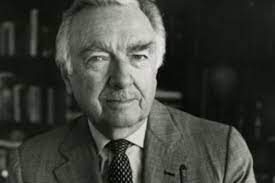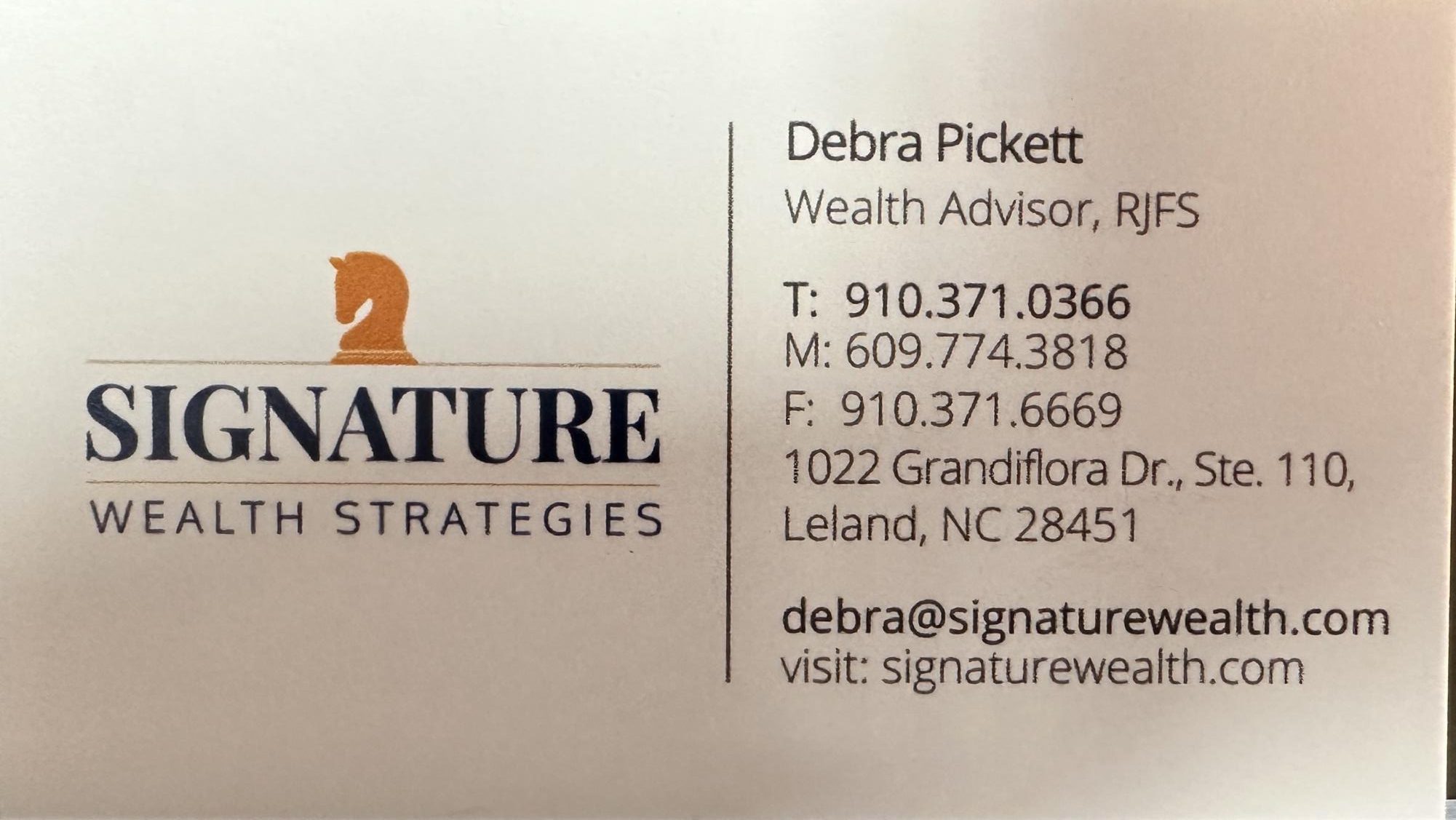Me and Uncle Walter

Walter Cronkite was the last of his kind.
December 2, 2022
I was in college with Nancy Cronkite, daughter of the most famous anchorman in America. Naturally we wanted to exploit that situation so we asked Nancy to book her father to do our commencement speech. Much to our surprise, he agreed. Then, at the last minute, he bailed out because President Nixon had decided to go to China and Cronkite was going to tag along. Talk about lame excuses.
It was only a few months after graduating that I found myself in my first broadcasting job at KDKA-TV in Pittsburgh. (My PIO experience in the army which included radio reporting for American Forces Network in Germany was a huge leg up in getting hired.) KDKA was a CBS affiliate, and Pittsburgh’s version of the esteemed Mr. Cronkite was Bill Burns, probably the very first person I’d ever seen on TV and a living legend. Wherever I went, no matter the event of circumstances, when I told people where I worked, the first questions was always, “Do you know Bill Burns.” Not only did I know him but we’d formed a very close relationship sitting next to one another putting the 11 o’clock news together every evening for nearly three years. Even at family gatherings I’d get the “Do you know Bill Burns” question.
My goal had always been to be a working journalist in Washington, D.C. and I was lucky enough to land a job there after my KDKA experience. First at a TV station and then, just a few months later, I was recruited by a former colleague to replace him as Press Secretary for U.S. Senator J. Glenn Beall, Jr. of Maryland. I couldn’t believe how fate had led me, an Italian kid from Pittsburgh, to places I’d never even dreamed of. I was a member of the Washington Press Club (not the National Press Club—the WPC had come into existence under Eleanor Roosevelt as the Women’s Press Club and I appreciated the historical significance).
“I was in the roast beef line when I suddenly realized I was standing directly behind Uncle Walter himself.”
The club was holding a big do in honor of Ellen Watley, the CBS producer of “Face the Nation” who’d just been elected president. I was in the roast beef line when I suddenly realized I was standing directly behind Uncle Walter himself. Excitedly I introduced myself and quickly told him about my relationship with his daughter and our botched commencement speech. He was delighted to talk about his daughter and we chatted amiably for several minutes. Then he asked me what I did for a living and I told him I’d come to my Senate position via broadcast news having started at KDKA-TV in Pittsburgh.
You can probably guess what he said then.
“Really, do you know Bill Burns?”
I couldn’t believe it. I wrote Burns a letter telling him I’d never escape from his shadow.
Over the following years I had the great privilege and pleasure of meeting with Cronkite several times and each time found him as pleasant and engaging. We always talked about his family, his love of sailing, the challenges of local news reporting. I believe the secret to his enormous success was that he was essentially the same person on or off camera; he was relaxed, intelligent, well informed but never spoke down to anyone and had a great sense of humor which he couldn’t indulge in with his broadcast, but I believe the public always knew it was there under the surface. I was thrown in jail once when I was news director for the CBS station in Atlanta for defying a judge whom I believed was interfering with the First Amendment (a story too long for here). It was Cronkite’s personal phone call to that judge that opened those bar doors for me just a few hours later.
Cronkite, like Burns in Pittsburgh, was the last of his kind. They’d been forged in the crucible of World War II (Cronkite a reporter, Burns a soldier who walked onto the beaches at Normandy on D-Day and lost a portion of his leg a few days later). They understood the role of a free and independent media and had seen what happens in countries when the representatives of the people are silenced. They held a deep and profound respect for the public. Neither shied away from challenging any public official if there was reason to challenge. Most of all, neither man, despite their enormous public appeal, thought of themselves as anything other than a working newsman. And both taught me lifelong lessons about humility, honesty and integrity.










Paul Engels • Nov 3, 2024 at 6:57 pm
I was in college with Nancy Cronkite too. I went to her wedding to Gifford Whitney and was part of the wedding party. The reception was at Cronkite’s home and Walter poured me a glass of champagne. I don’t suppose you know where she is now or how to reach her. I’d love to be back in touch before we all die. Drop me a note and let’s connect.